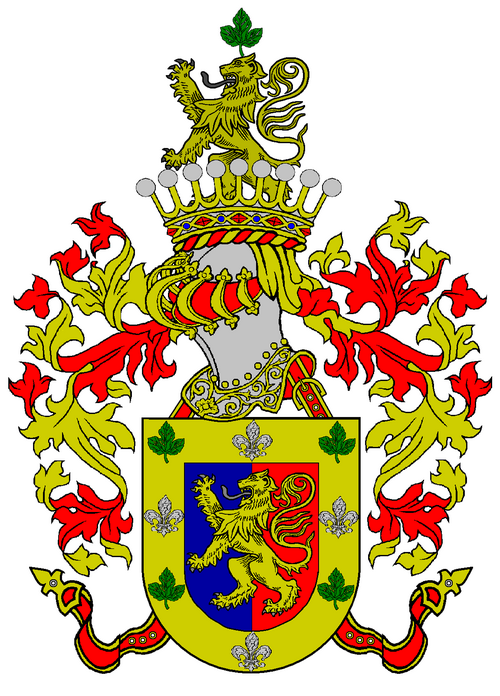MOVIE REVIEWS
 Review by CinemaSerf
Review by CinemaSerf
Though doubtless the emphasis of this film must be on the two leading stars, I found that an huge degree of the richness of this Jane Austen story came from the wonderfully characterful supporting cast: Mary Boland as the mother, constantly and brazenly seeking advantageous marriages for the "Bennet" brood, with Edmund Gwenn as her husband; Melville Cooper ("Mr. Collins), EE Clive ("Sir William) and the redoubtable Edna May Oliver as "Lady Catherine" all contributing splendidly to this otherwise rather loosely adapted story of "Elizabeth" (Greer Garson) and her rather complicated on/off courtship with "Mr. Darcy" (Laurence Olivier). This is certainly one of the latter's more engaging performance. Though still in ultra-ham mode, he does actually manage to convey the humour of his part, as well as his (largely self-inflicted) struggles to woo, rather well. Garson always was somewhat underrated. I feel she'd have made for a wonderful silent movie star - she had the eyes and the mannerisms that convey what a thousand words could not - and she holds the attention well here as the lively, independently-minded "Elizabeth". The other sisters get more of a look in too - Ann Rutherford ("Lydia") and Maureen O'Sullivan ("Jane) deliver well as they seek out their own beaus. This adaption, led by Aldous Huxley, cuts some of Austen's ever-present wordiness and helps focus the story better, if perhaps less potently and stingingly than the writer intended. I am not really a fan of this genre, nor of this author - but this is entertaining and well made with strong performances, sumptuous settings and quite a bit of charm. Easily the best version of this story to make it onto the silver screen, in my view.
 Review by Filipe Manuel Neto
Review by Filipe Manuel Neto
**A first adaptation of Jane Austen's greatest work, which is riddled with problems, but is competent, pragmatic and very elegant. Thought of as a comedy, it was thought of the wrong way.** At this point, I believe that even those who have never read a Jane Austen novel will surely agree that the writer is, quite simply, one of the most distinguished in the classical pantheon of the English language. “Pride and Prejudice” is a novel that has been adapted to film and TV several times, and each production had its pros and cons. One cannot ignore this production, however, because it was truly the first to transport romance from paper to celluloid. Its impact, at the time, was enormous, it was a great success and even helped to make the original book better known and popular outside England. I won't waste my time explaining the plot, which is well known to everyone who has seen at least one of the most recent adaptations of the book. What I can say is that this film, with its short duration, ends up not being able to do justice to the original material, which is largely hidden. It couldn't be otherwise, anyway, but director Robert Z. Leonard even cut out passages that were quite important for the general understanding of the plot! Another problem with this film is how the production simply didn't care about choosing actors who fit the characters. Concerned with attracting the public and making the film work, the producers chose famous, recognizable actors, even if they are clearly older than the characters they embodied. “Safe bets”, as I sometimes call them, because they combined popularity with assured talent: it's no wonder that, each in their own way, they managed to give us good performances. I particularly liked Greer Garson, who I feel made a genuine effort to look younger and more rebellious, as her character demanded. Also, Edna May Oliver deserves praise for the way she gave life to the imposing and arrogant Lady Catherine. Maureen O'Sullivan, Edmund Gwenn and Edward Ashley do an equally good job, and despite not liking the overly pompous and arrogant ways, Lawrence Olivier was competent as Darcy. Technically, the film has no major flaws or demerits worth mentioning. Filmed in black and white when originally planned to use color (due to allegedly running out of celluloid due to the production of “Gone With The Wind”), the film has very good cinematography and was elegantly shot. The soundtrack is not bad, being within what we expect to find in a film from the early Forties. However, I cannot fail to criticize, on the negative side, the option of temporally placing the action thirty years after the period in which everything takes place in the book, even though I understand the convenience, for the entire production, of being able to recycle part of the costumes used in “Gone With The Wind”.